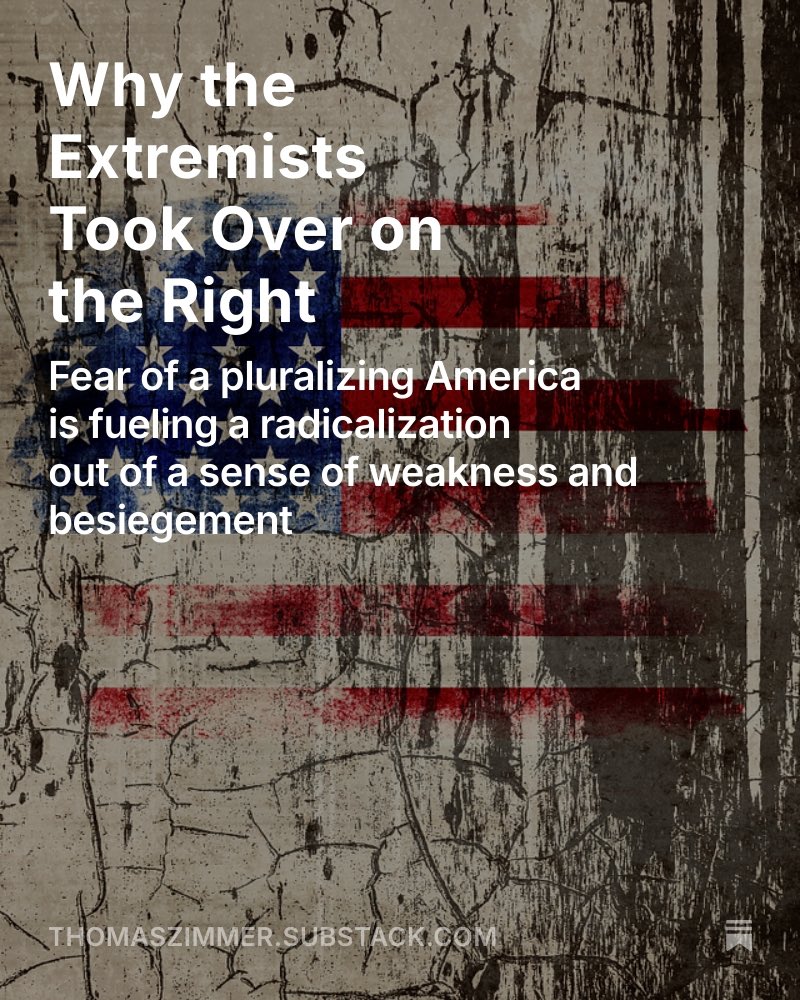This is a bizarre attack by Politico’s chief Europe correspondent on @ardenthistorian’s book about the Christian Right: It completely distorts what the book does, even alleging fraud, which is utterly shameful. A bad-faith hit job of the worst kind. “Journalism” this ain’t. 

The book is not beyond reproach, none ever is. But @ardenthistorian’s main arguments are in line with the latest scholarship by U.S. historians, political scientists, and sociologists - if that’s proof of “anti-American sentiment,” then I guess those disciplines are all guilty? 

Don’t believe me? That’s fine. But you know, you should be expected to have done at least some of the reading - I suggest starting with the latest work by people like Kristin Kobes Du Mez, Anthea Butler, or Robert P. Jones. Are they all just selling anti-American distortions? Hm. 

This whole chimera of “pro-Americanism” or “anti-Americanism” is useless. Those are ideological terms, intended to (de-)legitimize the enemy, with little substantive value. The sharpest critique of the American Right comes from American scholars and observers. Now what?
The substantive deficiencies of Karnitschnig’s critique are glaring. But they don’t explain the nastiness on display here. I’m not going to speculate about what else is animating this assault, but let’s not pretend this in anything but an aggressive character assassination. 

This isn’t a serious critique, it’s certainly not intended to stimulate a substantive debate, and it’s not journalism by any reasonable definition. A terrible look for Politico - and for anyone applauding this kind of uninformed and / or disingenuous hit job. 

• • •
Missing some Tweet in this thread? You can try to
force a refresh






